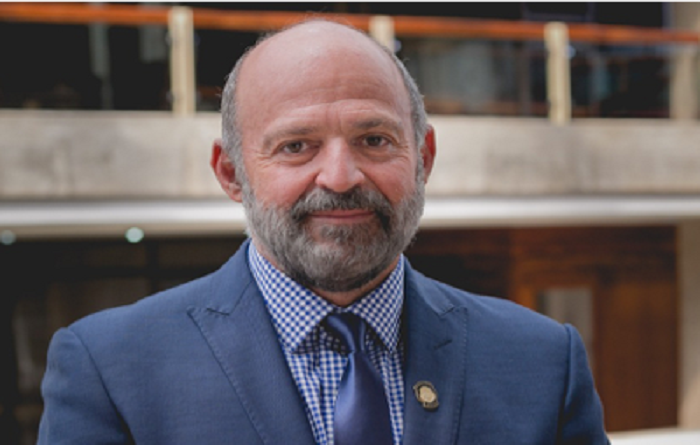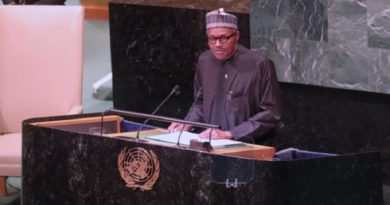GEF Challenge Program for adaptation Innovation names 10 new winners
The Global Environment Facility has announced 10 new winners of its Challenge Program for Adaptation Innovation, a competition that provides seed funding for innovative initiatives designed to help vulnerable countries cope with the worsening climate crisis.
The project concepts selected in the Challenge Program’s second round were submitted by BFA Global, BNP Paribas, CropIn, Earth Security, the Grameen Crédit Agricole Microfinance Foundation, Heifer International, the Alliance of Bioversity International and the International Center for Tropical Agriculture, Winrock International, the World Business Council for Sustainable Development, and the World Resources Institute.
A total of 418 submissions were received in the GEF’s latest call for proposals, spanning a wide range of fields and sectors. Each winning concept will be eligible to receive grants from the GEF-hosted Special Climate Change Fund and Least Developed Countries Fund, which have over the past 20 years provided targeted financing for climate resilience projects in developing and low-income countries.
GEF CEO and Chairperson Carlos Manuel Rodriguez said the strong interest in the competition reflected the potential for the private sector to invest and engage much more in climate resilience solutions, particularly in developing countries where adaptation needs are enormous.
“The toughest environmental challenges in front of us – including how to cope with climate change – require the brightest minds at the table. It is truly encouraging to see this competition draw in so many world-class companies, financial institutions, and technology developers with excellent ideas about how to build more climate-resilient societies, supply chains, food systems, and economies,” Rodriguez said. “When the GEF launched the Challenge Program for Adaptation Innovation two years ago, it opened the door to new partnerships that are making a real difference in the developing countries and Least Developed Countries whose environmental ambitions need urgent support.”
The Challenge Program for Adaptation Innovation’s first cohort of nine winning project concepts were announced at the 25th UN climate change summit, held in Madrid in 2019. Those climate adaptation initiatives are being led by partners including Clarmondial, the Massachusetts Institute of Technology, Nespresso, South Pole, and Willis Towers Watson, alongside GEF implementing agencies.
The latest ten winners, announced during the COP26 climate summit in Glasgow, will be eligible for grants of between $440,000 and $1.3 million each, once fully approved. The total GEF support from this round of the competition will be $10 million.
The new proposed projects aim to improve access to capital, fintech, and financial services, including for smallholder farmers transitioning to climate adaptation practices; create a nature-based private financing facility for coastal cities in Least Developed Countries; develop more resilient supply chains through the systematic use of climate data, standards, and certification; support climate-resilient rice landscapes; and expand investment flows into climate adaptation measures, including through new insurance instruments.
As in the first round, each initiative will be developed and implemented in partnership with one of the GEF’s 18 official implementing agencies, including Conservation International, the Food and Agriculture Organization (FAO), the International Fund for Agricultural Development (IFAD), and the United Nations Industrial Development Organization (UNIDO).
The GEF supports climate adaptation efforts mainly through the LDCF and SCCF. Since their inception in 2001, they have provided $2 billion in grant financing and mobilized another $13 billion from other sources to reduce the vulnerability of approximately 60 million people in 118 countries. The LDCF provides targeted support to Least Developed Countries, and the SCCF is focused on innovation that can increase developing countries’ climate resilience at scale, in partnership with the private sector.
The Global Environment Facility was established 30 years ago to tackle our planet’s most pressing environmental problems. Since then, it has provided more than $21.5 billion in grants and mobilized an additional $117 billion in co-financing for more than 5,000 projects and programs. The GEF is the largest multilateral trust fund focused on enabling developing countries to invest in nature and supports the implementation of major international environmental conventions including on biodiversity, climate change, chemicals, and desertification. It brings together 184 member governments in addition to civil society, international organizations, and private sector partners. Through its Small Grants Programme, the GEF has provided support to 25,000 civil society and community initiatives in 135 countries.




